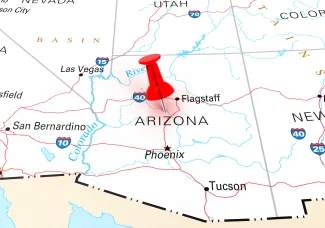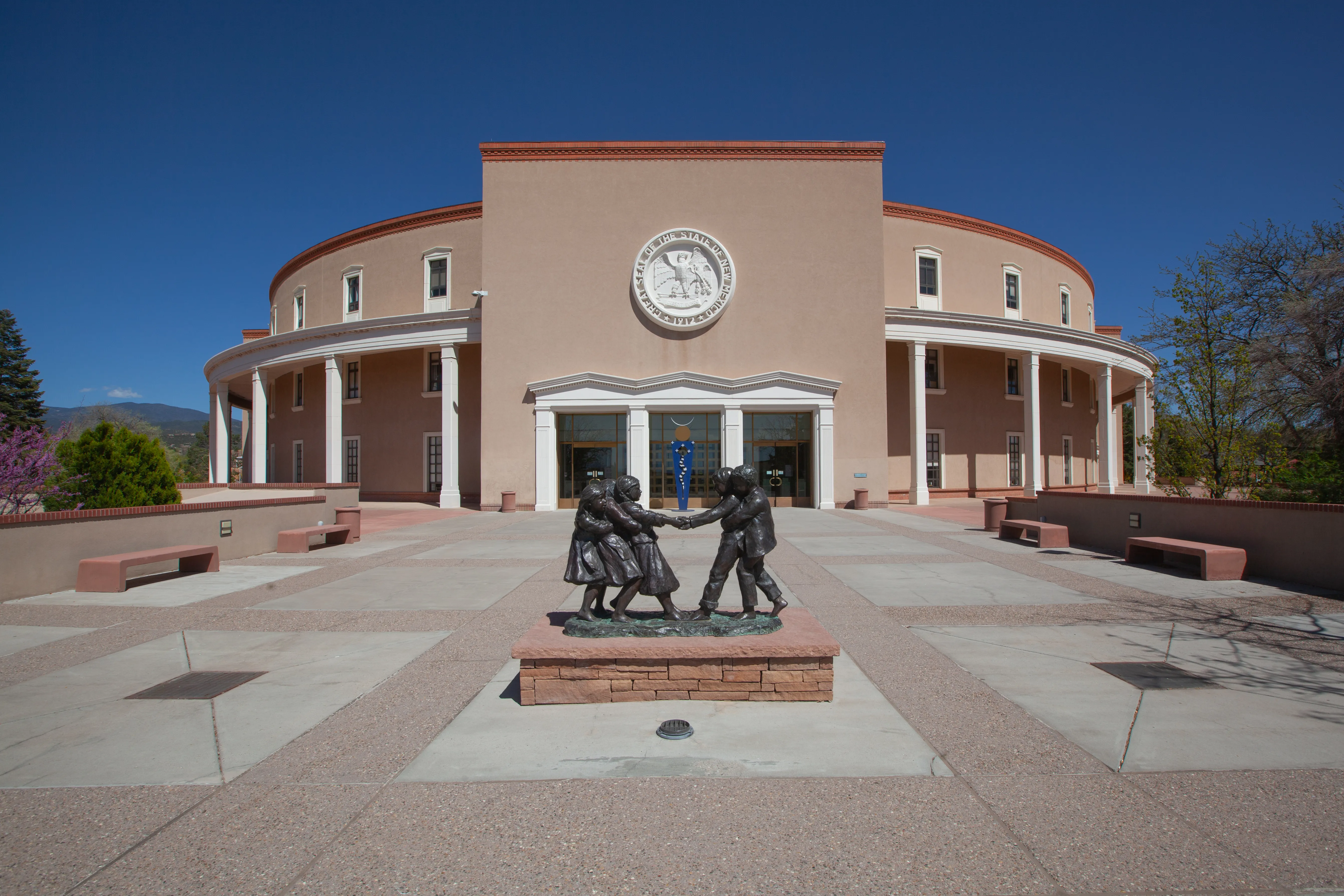
Arizona group warns of romance scams, offers tips
Click play to listen to this article.
Alex Gonzalez
(Arizona News Connection) Just last month, a California man was sentenced to four years in prison for being the mastermind behind romance scams - in which he received hundreds of thousands of dollars from two elderly Arizona women - according to the Arizona Attorney General's Office.
One local group is sounding the alarm.

Dawn Alexander is a communications analyst with AARP Arizona, and wants to encourage all Arizonans to be mindful about who they're speaking to and how much information they're giving out.
"These romance scams, they'll start to ask for gift cards, they'll start to ask for money, and then they'll get more brazen," said Alexander. "A lot of times, it can easily turn into a money mule situation - which is basically they will eventually gain access to their bank accounts and start running money fraudulently through those."
Alexander added that while romance scams can start on dating apps, they can also start through less conventional avenues.
She added that romance scammers look to exploit the desire for love and companionship - and says warning signs can include professing love early on, someone who needs money to deal with an emergency, or an individual who makes plans to meet in person but never follows through.
Alexander contended that as technology and things such as artificial intelligence get more advanced, so do the scams.
She added that AI has enabled scammers to more easily produce things such as photos and videos which seem legitimate.
She said AARP has the AARP Fraud Watch Network, which is a free resource for both AARP members and nonmembers alike. She said if you're in doubt, there are those who are ready to help.
"They can reach out to AARP.org/fraudwatchnetwork or they can call a toll-free number, 1-877-908-3360," said Alexander, "and they will speak to an actual person who can assist them with any of their concerns."
Alexander said another tip is to never send money including wire transfers or cryptocurrency to a stranger or someone you met online, as she said they're wanting forms of payment to be what she calls "untraceable."

















